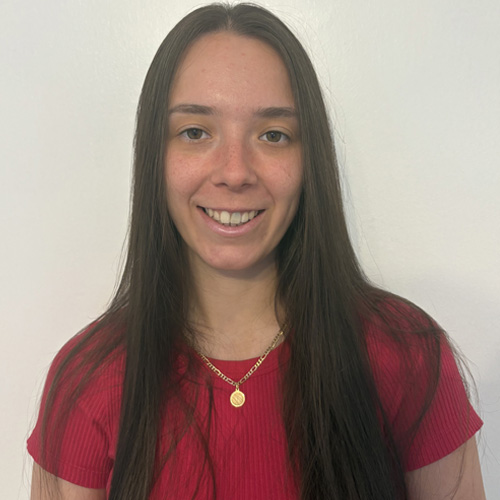Apply
Entry requirements
You require a first-class or upper second-class UK Honours degree, or overseas equivalent, in a mathematical sciences related subject.
The application
During the application you'll be asked for the following:
- your full contact details
- transcripts and certificates of all degrees
- proof of English language proficiency (academic IELTS 6.5, with minimum 5.5 in any section, or equivalent) if English isn't your first language
- two references, one of which must be academic
- funding or scholarship information
- research topic or field of study
By filling these details out as fully as possible, you'll avoid any delay to your application being processed by the University.
Supervisors
Research supervisors are assigned to you by the Department of Mathematics & Statistics.
Please identify one or more areas in which you wish to work. You may also want to highlight a potential supervisor in your application.
Once we've received your application, your application is passed to potential supervisors for consideration. If it's not compatible with the researcher's current projects and they are unable to supervise, it's passed along to another for consideration. If they can supervise you, they’ll confirm and nominate a potential second supervisor.
As soon as a second supervisor is confirmed, an offer will be sent to you through Pegasus, our online application system.
When you accept our offer of study, you'll receive a full offer in writing via the email address you'll have provided.
Accepting an offer
When you've accepted our offer, we'll need you to fulfil any academic, administrative or financial conditions that we ask.
UK or EU students
If you're applying as a UK or EU student, you'll then be issued with your registration documentation.
International students
An ATAS (Academic Technology Approval Scheme) clearance certificate is a mandatory requirement for some postgraduate students in science, engineering and technology.
Find out if you need an ATAS certificate.







